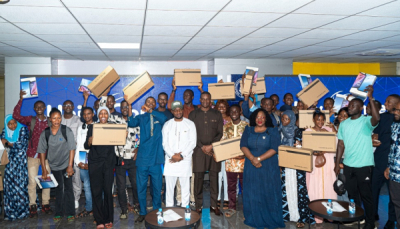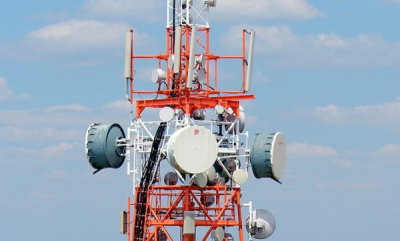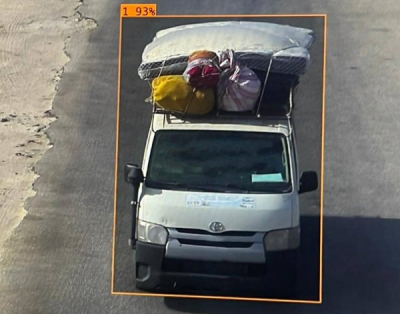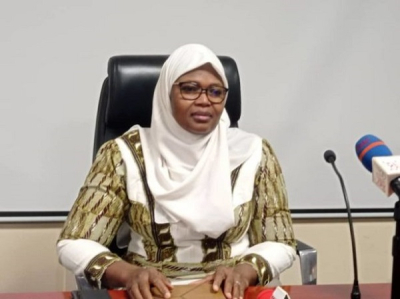Faced with cumbersome identification procedures and fragmented data, Madagascar is embarking on digital identification. The initiative is aimed at streamlining services, bolstering transparency, and optimizing data management.
Madagascar's Ministry of Digital Development, Digital Transformation, Posts and Telecommunications (MNDPT) announced on Friday, January 19, the imminent launch of a digital national identity card project for citizens aged 15 and above. Minister Tahina Razafindramalo (photo, left) told journalists at a press conference that production is set to begin as early as June in several regions.
"This marks a significant step for Madagascar as it embarks on modernizing its identity management system, similar to recent efforts in countries like Tunisia and Greece," remarked Razafindramalo.
The project, financed to the tune of $140 million by the World Bank, encompasses biometric enrolment, data collection, digital infrastructure development, and card production. It aligns with the Malagasy government's Digital Strategic Plan 2023-2028, seeking to streamline administration and centralize data for efficient population registration and census.
UNICEF estimates that roughly 2.5 million children under 18 and 1 million adults currently lack official identification in Madagascar, often due to bureaucratic hurdles or administrative deficiencies. These challenges leave them "administratively invisible," hindering access to essential services and rights.
The implementation of the digital national identity card project is set to revolutionize the way citizens interact with the government and access essential services. The project will provide each target citizen with a unique identifier and biometric ID card, preventing duplicate identity.
Samira Njoya



















